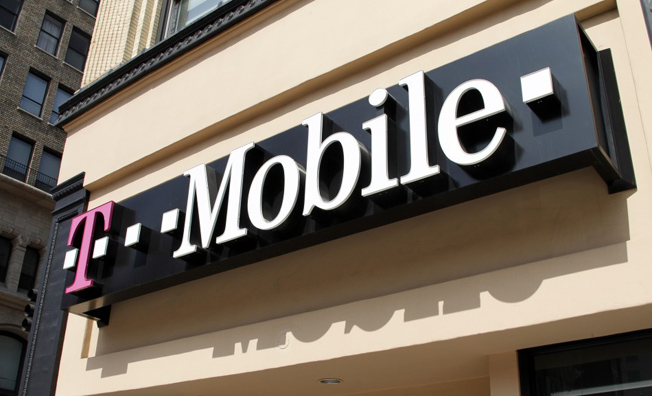T-Mobile has worked hard to create an image of itself as the pro-consumer wireless carrier but some of its recent moves have proven to be controversial when it comes to net neutrality issues. First, T-Mobile announced last week that it would exempt some music services’ data from customers’ monthly data caps, which sparked some concerns that the carrier was putting itself in the position to pick winners and losers. And now FierceWireless brings us word that T-Mobile has decided to exempt all speed test applications and websites from users’ monthly data caps as well.
In and of itself, exempting speed test apps from data caps isn’t the end of the world since T-Mobile isn’t taking money from the apps in exchange for getting exempted. That sort of behavior is essentially what AT&T proposed earlier this year with its “sponsored data” program and it’s something that’s much more potentially threatening to the open Internet than anything T-Mobile has proposed.
We should also note that T-Mobile doesn’t charge any overage fees for customers who exceed their caps — instead, it either knocks their speeds down to 2G or it cuts off their data service all together for the rest of the month. And unlike AT&T, T-Mobile does offer customers uncapped plans, which means that you don’t have to worry about limits on data at all on any apps or websites if you’re using one of those plans.
Nonetheless, it’s potentially concerning that T-Mobile is carving out chunks of the Internet to get special treatment on its network, which could in turn lead down a slippery slop where well-established players have an inherent advantage over up-and-comers.
As The Verge’s Chris Welch comments, “while the Speedtest exemption is certainly a lesser offense, it’s also proof that T-Mobile is willing to take data exemptions beyond music.”
Another potential issue with this is that it could lead to inflated statistics that could make it look like T-Mobile delivers all its users an unlimited amount of LTE data when in actuality many of them would be stuck on slower speeds once they exceeded their caps. What’s more, T-Mobile customers whose speeds have been throttled down to 2G speeds might want to actually get accurate numbers for how slow their connection is, which would be impossible to come by under T-Mobile’s new policy.
Any way you slice it, there are some definite concerns with T-Mobile’s decision, even if they aren’t as troublesome as AT&T’s sponsored data plans.






